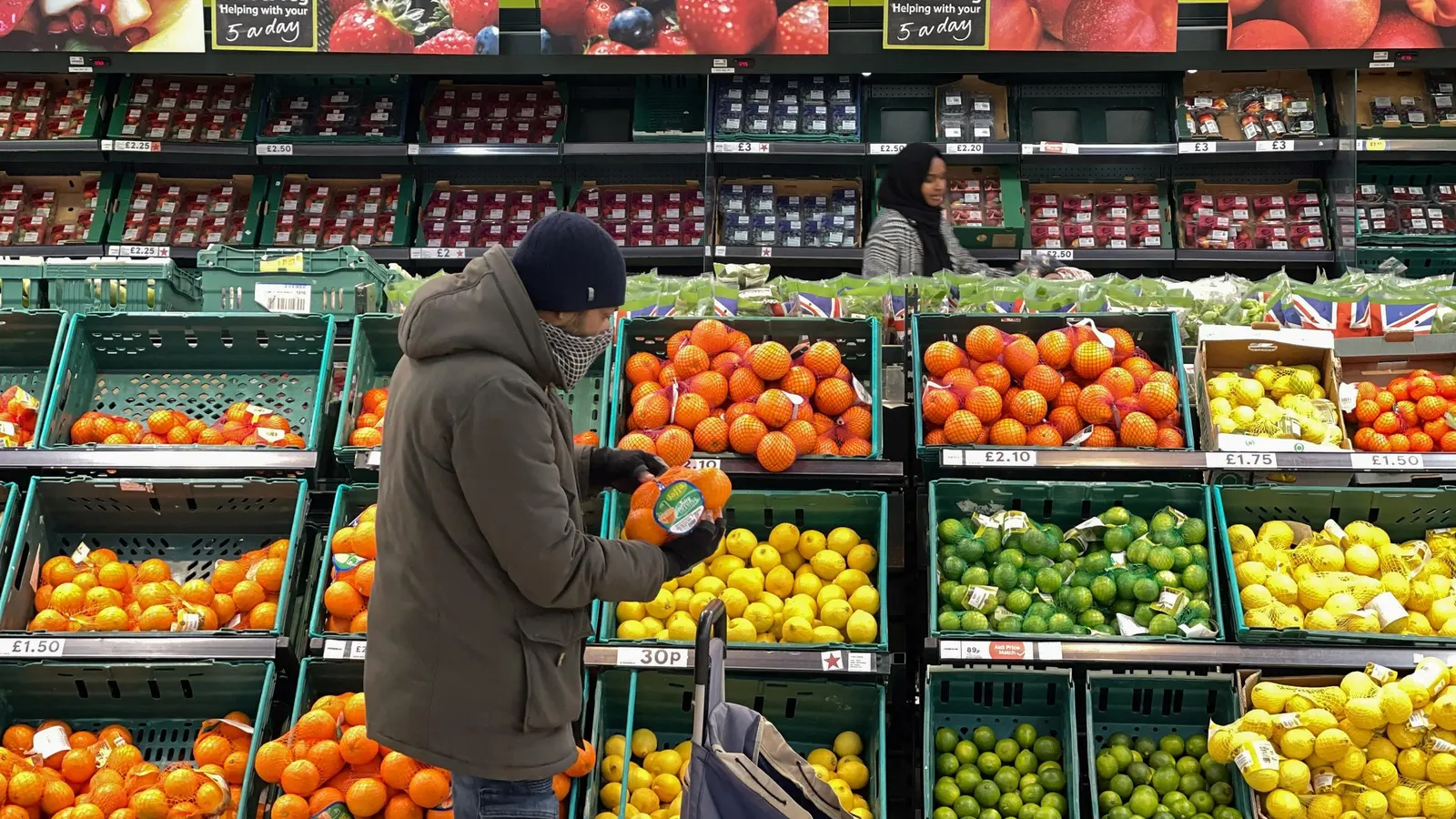Global warming is set to impact your grocery bill, with a new study from German researchers predicting a 3.2 percent annual increase in food prices due to rising temperatures.
This price hike threatens to worsen food insecurity worldwide, particularly in the global south.
The study suggests that by 2035, climate change could push food price inflation up by 0.9 to 3.2 percentage points per year. As per to the sources covered by allianceforscience
Overall inflation is also expected to rise, but at a lower rate, meaning a larger portion of household income will be spent on food.
Africa, despite its minimal contribution to global emissions, is poised to be the hardest hit.
In Ghana’s rural Mion district, a study found that 100 percent of nearly 400 respondents had experienced food insecurity in the past year, with 99 percent attributing it partly to climate change.
The region faces extreme temperatures and reduced rainfall, severely impacting rain-fed agriculture.
Related Article:
- Police Sergeant Involved in Fatal Crash in Franklin Borough
- Youngstown Man Stabbed and Shot in Domestic Incident
- Texas Eatery Named Best Spot for Classic Hamburger in the State
Climate change disrupts farming seasons, increases pest and disease outbreaks, and damages infrastructure, all of which drive up food prices. Higher costs force households to compromise on food quality, exacerbating health issues like malnutrition.
Interestingly, the study found that those with more knowledge of climate change were more likely to be food secure, even in communities with low formal education levels.
This suggests that education on climate adaptation can help mitigate some of its impacts.
In response to these challenges, 134 countries at COP28 have pledged to integrate food systems into their climate action plans.
Reducing greenhouse gas emissions and diversifying economies are crucial steps in protecting vulnerable communities and ensuring food security in a warming world.

